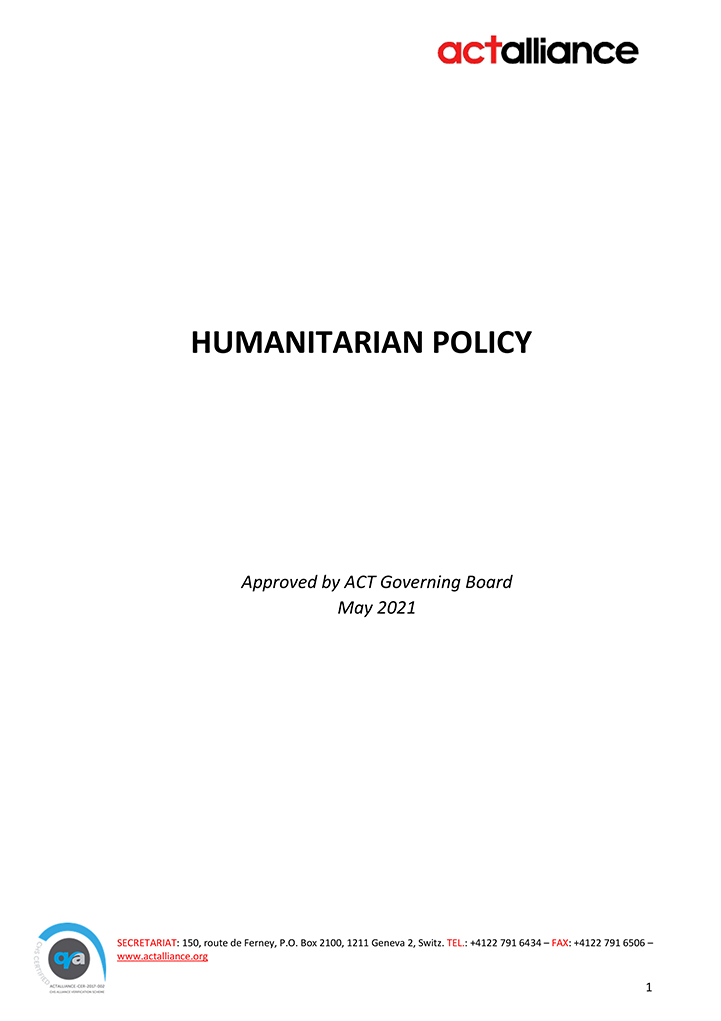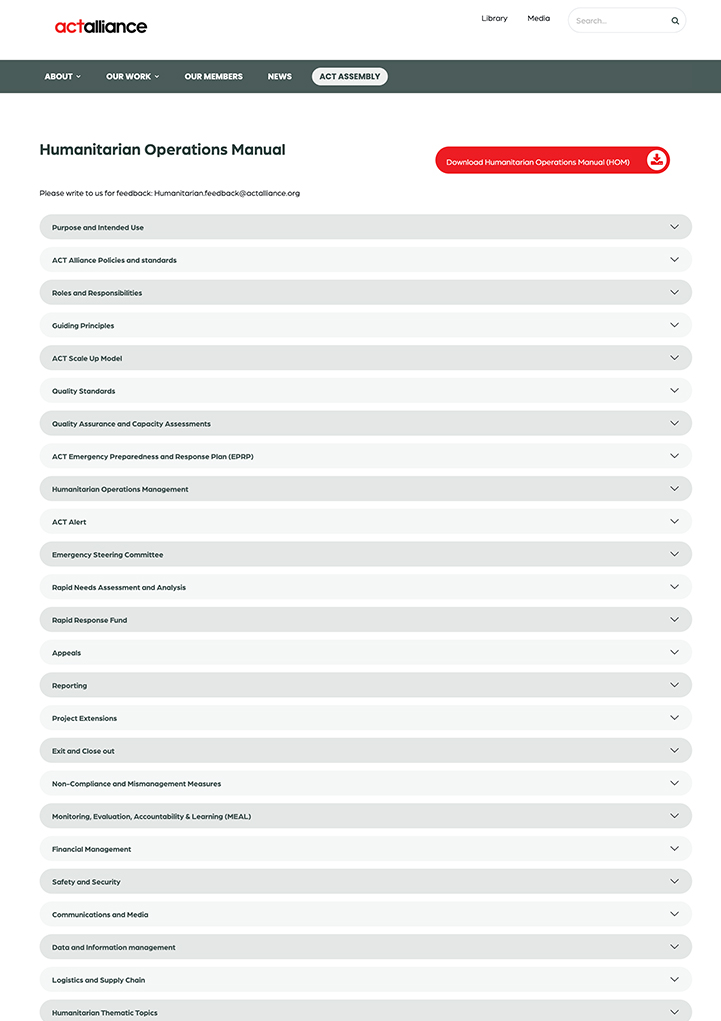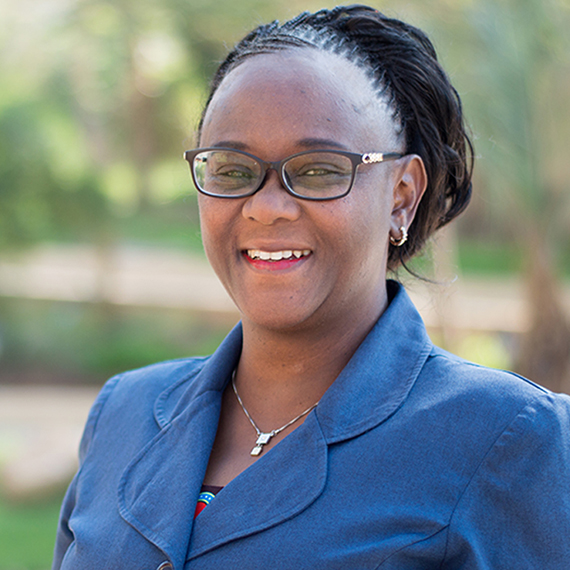Appeals_08_2016_Refugees_Migrants_Humanitarian Response_EUR161Since the beginning of 2015 an increased flow of people seeking asylum in Europe or a better life have been travelling into Europe in increasing numbers. The number of asylum seekers has constantly risen from a few thousand in 2014 to over a million entering Europe in 2015. While the number of people entering Europe via the Balkans has fallen since the second quarter of 2016, there are still significant numbers of people arriving daily in countries along the route. Many people are now staying in the countries of arrival in Europe and not moving further, which has caused both governments and NGOs to respond to new needs or respond to the needs in a different way (at least in the semi-long term), including more integration, education and other services.Although Government authorities have scaled up their capacities, they are unable to handle all the needs. Serbia, Hungary and Greece now have significant populations of vulnerable people – many who will not be able to continue their journey into Europe.ACT Alliance members International Orthodox Christian Charities with its implementing partner Apostoli (IOCC/Apostoli), Norwegian Church Aid (NCA), Philanthropy (PHIL), Ecumenical Humanitarian Organization (EHO), Hungarian Interchurch Aid (HIA) and Christian Aid (CA) together with ACT Alliance EU (CA/ACT EU) plan to continue their humanitarian support to refugees/migrants in Greece, Serbia, and Hungary to contribute to the alleviation of their suffering, by addressing the most pressing needs in the sectors of Food Security, Water, Sanitation and Hygiene, Health, Psychosocial support, Shelter, Non-Food Items, Education and Protection, as well as by providing related humanitarian advocacy across Europe. Appeals_08_2016_Refugees_Migrants_Humanitarian Response_EUR161











